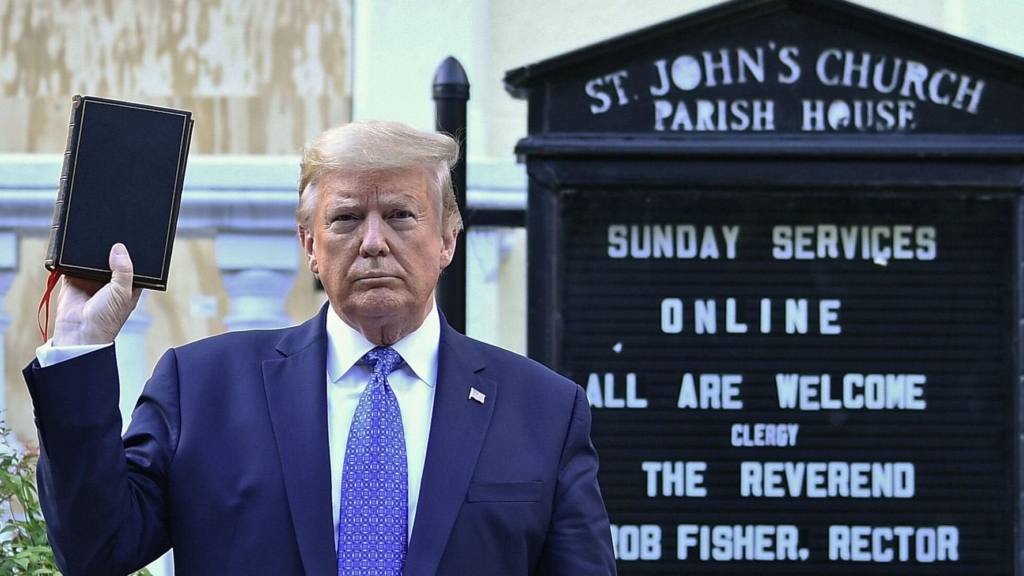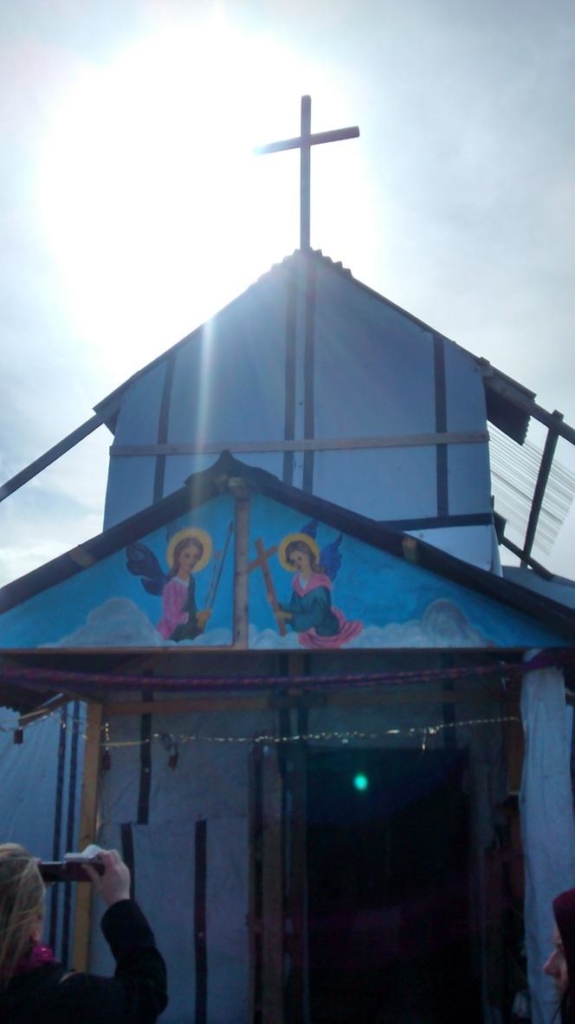When I Needed a Neighbour

When I needed a neighbour.
Were you there, were you there?
When I needed a neighbour.
Were you there?
And the creed and the colour and the name won’t matter
Were you there?
Sydney Carter, the English singer songwriter and poet – conscientious objector in World War II and committed pacificist – wrote this song, well known to many from school assemblies and protest marches.
It’s written in my tradition. A tradition of whole-souled non-violence and whole-body listening which is fiercely contemplative, critically liberatory and hopeful in song, and lamentation.
It is a song for a people made in a strand of the religion which calls itself Christianity which sits with deep unease under such a label today, and for good, good reasons.
But it is equally a strand passionate about the enduring truth in the goodness of news of the life-giving force of forgiveness, mercy, justice, repentance, liberation. It imagines a better way of being together. A commonwealth of love.
I sang this song through the anti-nuclear campaigns of the 1970s; the apartheid struggle of the 1980s; the environmental conscientizing of 1990s and in solidarity with displaced peoples again and again and again. These days I hum it in the kitchen, and to my grandchildren too.
An anthem.
A lullaby.
Srengthening and soothing.
And we need songs and anthems if we are going to be whole body listening, lively people.
If we are to be neighbours, again.
The words have been playing as a sound track to the new found local neighbourliness of the time of confinement we are rather lazily calling ‘lockdown’. ‘Lockdown’ is prison discourse; ‘lockdown’ is curfew language. ‘Lockdown’ doesn’t come with ‘care packets’. Ask any refugee who has experienced detention.
Neighbours are not always easy people. I know that when a neighbour destroyed the garden I’d made I was devasted and felt violated. Neighbours can be wanton in destruction. Too loud, too lonely, too indifferent. Neighbours can be hurt people who will hurt people, and you might just be the nearest to hand. And that’s all.
‘You weren’t there’ is the visceral scream from our black neighbours just now.
It’s not like this scream has not been present amongst us as enduring testimony. It was there when the Egyptians took the Israelites into slavery, and it was the passing over of the plagues that brought their liberation and their singing.
It’s not like this scream was not present in the genocide of slavery. You don’t need to spend more than a moment in the song ‘By the rivers of Babylon’ to know how people, black people, have suffered and died.
‘You weren’t there’ was the loud, angry internal voice that played through my whole being in September 2015. Closely followed by the self-righteous ‘where the hell were you?’ when the pitifully few of us who normally met to try and do the enormously burn-out inducing twin tasks of aid and advocacy with people seeking asylum in Glasgow, found our normal meeting spaces stowed out with people shouting ‘I welcome refugees’. There was a competition to care and be seen to care in a somewhat unedifying scramble to hold the mic and claim new resources.
Neighbours, eh!

As one of the many standing-room-only meetings ended in that time I locked eyes with a refugee colleague and we spoke telepathically, knew what each other was thinking, bit our tongues, and got on with the work of capacitating the newcomers, now friends, allies, and enacting welcome and hellishly difficult, patient listening and explanation (“No, there is no recourse to public funds for these family members, no, they get £37 in vouchers to live on, yes, there is indefinite detention in the UK).
At a different point in my journey, people had done this work with me, too (you know who you are, and I am still profoundly grateful). Because there is no short cut, no other way. Because we need to learn and begin again and they don’t make a pill for this. It’s education.
I sat down to write this because Bella put out a call:
Call out to faith leaders to step up and in to talk about the moral vacuum in public office, state brutality and our unprocessed grief and anger … anybody out there … ?
— Bella Caledonia (@bellacaledonia) June 2, 2020
I’m not a faith leader but I am led through discernment, prayer, study, wisdom and a ragged faith.
In the four books, in my tradition, which record wisdom of a man who died violently, unjustly and lived a life fused with love, there is a posthumously recorded set of parallel and contradictory stories and maxims he is said to have spoken to those living in anger and hope under Roman occupation, and with lying, thieving, cowardly, corrupt leaders (you can draw the parallels).
“Walk the extra mile”
“Turn the other cheek”
“If someone wants to sue you and take your tunic, give him your cloak also”.
It’s a sad testimony to the power of theology in the service of empire that it took the twentieth century theological genius of Walter Wink to unravel and draw out the defiant non-violence, and comedy of these statements when heard by people living under Roman Occupation. Context matters and where the church turned these statements into pious statements Wink shows, in ‘The Powers’ trilogy, how they would have landed with the listeners back in the day. Spiritual jujitsu – using the force of the enemy to unmask their power, and make room for a levelling, and equality, and a pause for a new possibility.
Just to take the first – because you can read more in Wink’s trilogy– to walk an extra mile isn’t to just do more giving unthinkingly. In Roman Occupied Palestine it was a rule that a Centurion could ask an occupied subject to carry his pack from one milestone to the next, but, crucially, no further. The Romans were clever, and subtle in their enslavements. As, of course, are we. But the imagine of the subject then grinning and putting the centurion in a position of precarity by carrying it two miles, and forcing them to have broken their own rule, is a very different thing to tholing it.
The Iona Community, of which I am a member, has lived out non-violence as a rule of life over its 82 years of existence, not always well, but as a fierce and urgent commitment. A community now largely of great elders and wisdom-holders, it has resources aplenty for these times. It’s Rule of Life is one which has both kept and broken me daily for over twenty years. Think of institutions which stand for justice and solidarity in Scotland and you’ll find a member of the Iona Community, or someone influenced and formed within its sphere of influence and parenting, quietly (or not so much) getting on with the work of dismantling the old and building the new. Shelter; Medical Aid for Palestine; The Cyrenians; Scottish CND; SCIAF, Christian Aid, Poverty Truth Commission, Water Aid; Extinction Rebellion to name just a few of the places where the liberatory and non-violent commitments in the Rule of the Iona Community to living a certain way, day in day out and with accountability to others, find their human and fresh, material expression.
The churches in Scotland have not had a great record of keeping to the second most important of the two commandments they are given to live by: to love their black neighbour as they love themselves. Aid, yes, aplenty, inspiringly so, sack loads, not just cups of sugar, but that’s not the same as loving themselves. Most of the many, oh so beautiful nineteenth century churches in Glasgow are also, with a bit of digging in their histories, products of the slave trade and the imperial wealth stolen by the Second City of Empire. The established Churches in Scotland are still very white in their complexion and their welcomes are not often true integration but assimilation or toleration, like the offer of a room to a black congregation for worship. It’s not nothing but it’s not non-violent liberation and the work of justice.
This week, nonetheless, all the major churches have made necessary, good enough statements.
The former Archbishop of Canterbury Dr Rowan Williams, has gone further and condemned the president of the United States for idolatory. And he didn’t do this by preaching to the converted, but in an article in the Financial Times, that newspaper which has long worshipped the idol that is money.
Whilst easy to critique the performative statements, and there is plenty of black scholarship doing just that, they are also part of the necessary work, but they are no more or less than the folk in the stowed-out room I described, coming late to awareness and action. Because we need it all – slogans; banners; protest marches, bodies bending to their knees unaccustomed to bowing down in any form of solidarity or humility, silence, elite institution making statements and reparations, but we also need the spiritual action that endures and is passed down via our elders, from generation to generation, in the stories and testimonies of turning the tables that we have largely banished from the churches, sanitised in the scriptures and neutered in the public square.
When I needed a neighbour.
Were you there?
Were you there?
It has to be asked twice for it to hope to be heard.
It’s a time of finding a way to be there, collectively, not just as lip service or lived-service in churches, to be enduring neighbours, locally and globally – not the easy, fuzzy stuff of cups of sugar, or borrowed ladders – but the hard stuff, the day in day out, drives you crazy loving of neighbours as ourselves.
Sanctuary is an old Scots law of protection. If we aren’t making sanctuaries everywhere, then our words and statements are empty, are ashes. Because refuge, the asking for it, the protesting for it, the taking of it, is a refusal to live in permanent violence. A protest is a refuge for those you stand alongside. Straining to go the extra mile for the planet, for black lives, the overturning of the tables of the sickening greed that is what our economic and military systems worship, these allow for a space where together, we can make things new, and heal, the hard way.
Protesting may not do anything or change anything and God knows but the Iraq war protests didn’t exactly stop that war. But it does do something.
It’s a way of being there.
When I needed a neighbour.
Were you there, were you there?
When I needed a neighbour.
Were you there?
And the creed and the colour and the name won’t matter
Were you there?

Thank you for sharing this, and wonderful to see Walter Wink’s work being communicated. For those wondering where to start with Wink, his widow June says that Walter always recommended reading his trilogy backwards. That is, start with the one about activism: the magisterial “Engaging the Powers”. The other two – “Unmasking the Powers” and “Naming the Powers” are much more for those coming at this from an existing church angle. There is a synthesis volume, “The Powers that Be”, but for me and when teaching his work, I always urge the full explosive power of Engaging as the one to go for. And thank you, Alison, for writing on these issues.